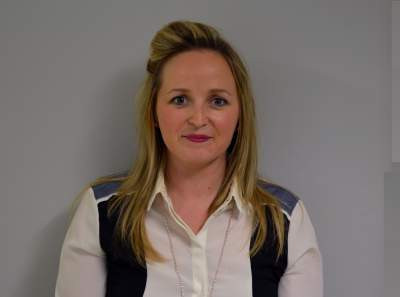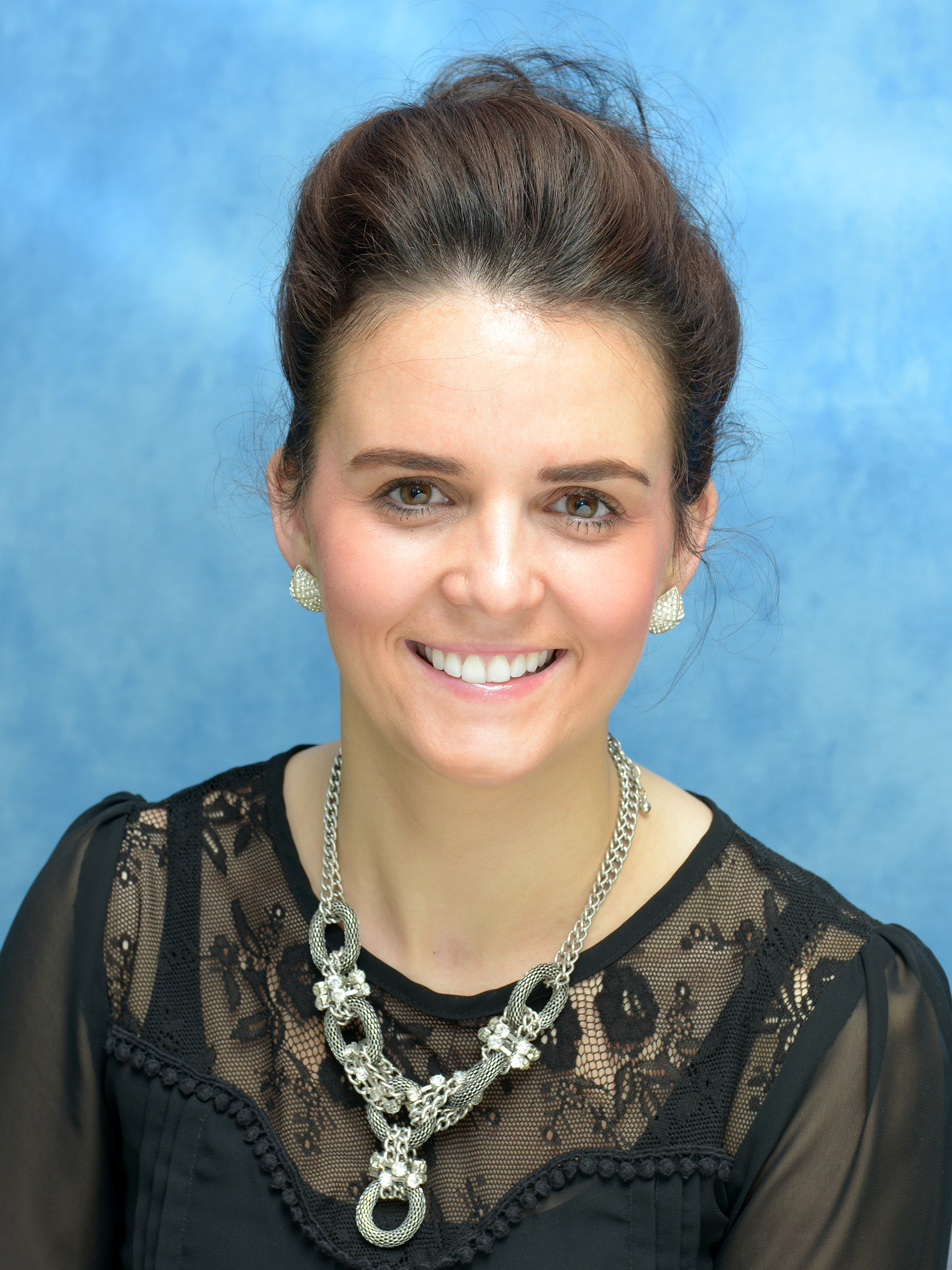Package summary
Start Date
End Date
Notes
Courses in package
Autism, Learning Style, and Visual Teaching Methods
Event summary
Date
Start Time
End Time
Online Webinars, Online, Armagh
Booking closes
Autism, Learning Style, and Visual Teaching Methods
Visual strategies are often seen as the baseline for learning support strategies as they:
• Complement the learning style of many autistic children, young people, and adults.
• Can be introduced alongside other methodologies.
• Are adaptable, portable and can be used flexibly across environments.
The use of visual strategies can have a positive impact on how an autistic child experiences family, community, and school life. This session will address why visual teaching methods work. Delegates be more able to adapt the school or family environment and individualised activities in order, to enhance learning, play or leisure, academic and life skills.
Expected Outcomes
The audience will:
Understand how visual strategies support the learning style of autistic children and young people
Understand how visual supports may improve the learning experience in school, home and wider community.
Learn how to develop visual supports and implement visual strategies in a practical manner.
Notes
Location
Online Webinars
Get Directions
Carolyn Frazer
Autism and Communication
Event summary
Date
Start Time
End Time
Online Webinars, Online, Armagh
Booking closes
Autism and Communication
Communication involves a complex range of both verbal and non-verbal elements. Autistic people often communicate in a different way to non-autistic people and will each have their own communication style and preferences. When these differences are not understood or accommodated, autistic people can experience challenges in social interaction.
Moreover, most autistic children are gestalt language processors. This means that they tend to process language in “chunks” or long scripts (echolalia), as opposed to single units. Gestalt language processors require a different approach to traditional language therapy.
This course explores communication differences for autistic people and how supportive strategies can be put in place to aid mutual understanding.
Expected Outcomes
Participants will
-
Expand knowledge of the core issue of communication differences for children and young people with Autism
-
Recognise differences in social attention as a basis for interaction and learning and how to support these.
-
Reflect on their own interaction style and how this impacts the autistic young person.
-
Develop an understanding of language development in autism and strategies to support children and young people with communication differences.
Notes
Location
Online Webinars
Get Directions
Edel Quinn
Edel's main specialisms are in early intervention and delivering training in the implementation of visual strategies and behaviour. Edel is a Certified TEACCH Trainer with Division TEACCH, North Carolina. Edel has developed and delivered anxiety trainings and anxiety research projects to parents and professionals across Ireland. She has delivered at Autism and Mental Health Conference, NAS and the Autism Congress. Edel is an associate lecturer on the Post Graduate Autism Certificate with Mary Immaculate College, Limerick. Edel is working towards accreditation with BACP as a Cognitive Behaviour Therapist.
Autism and Sensory Processing
Event summary
Date
Start Time
End Time
Online Webinars, Online, Armagh
Booking closes
Sensory processing refers to the ability of a child to register, interpret and respond to sensory information. This is a complex process involving all the sensory systems, auditory, gustatory, visual, olfactory, tactile, proprioception, vestibular, and interoception.
When sensory processing is working well, a child can fully engage in daily functional activities and social interaction. Sensory processing differences are prevalent in autistic children and can affect every aspect of development and daily life.
This session examines the sensory processing differences experienced by many autistic children and will demonstrate how such differences impact on learning, play, social interactions, and personal care for the primary school aged child.
Expected Outcomes
Participants will:
-
Develop an understanding of the sensory processing differences.
-
Understand how sensory processing differences can affect the child’s experience at school, home, and other settings
-
Understand how sensory processing differences can present in an autistic child.
-
Understand how sensory processing differences can influence the child’s participation in daily activities.
Notes
Location
Online Webinars
Get Directions
Aideen Ruttledge
Autism and Anxiety Management
Event summary
Date
Start Time
End Time
Online Webinars, Online, Armagh
Booking closes
Autism and Anxiety Management
Primary aged autistic children may experience anxiety in many situations, with some experiencing significant anxiety difficulties. For many, school is a major source of stress.
This session is an introduction to strategies that can be used to alleviate the experience of anxiety in autistic children.
This will include:
-
An introduction to cognitively based strategies
-
An introduction to relaxation-based strategies
-
How to develop student centred strategies to deal with anxiety.
Expected Outcomes
Participants will:
-
Understand how the difficulties experienced, including sensory difficulties, can contribute to the development of anxiety.
-
Understand how anxiety can escalate and may result in an emotional dysregulation
-
Develop some simple strategies to prevent and respond to the escalation of anxiety.
-
Understand the basics of cognitively based management approaches.
Course Overview
-
Anxiety triggers and build up.
-
“On the spot” anxiety management strategies.
-
Developing a stress kit.
Notes
Location
Online Webinars
Get Directions
Edel Quinn
Edel's main specialisms are in early intervention and delivering training in the implementation of visual strategies and behaviour. Edel is a Certified TEACCH Trainer with Division TEACCH, North Carolina. Edel has developed and delivered anxiety trainings and anxiety research projects to parents and professionals across Ireland. She has delivered at Autism and Mental Health Conference, NAS and the Autism Congress. Edel is an associate lecturer on the Post Graduate Autism Certificate with Mary Immaculate College, Limerick. Edel is working towards accreditation with BACP as a Cognitive Behaviour Therapist.
